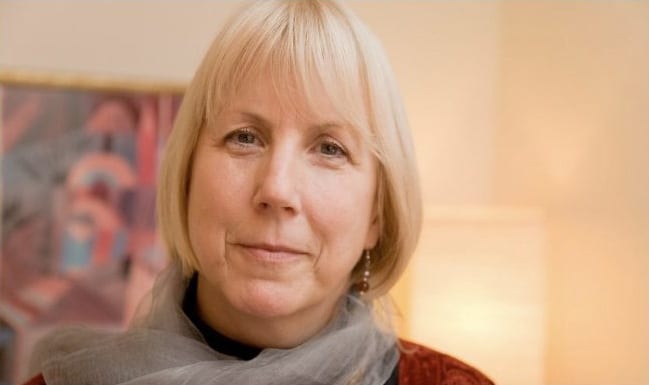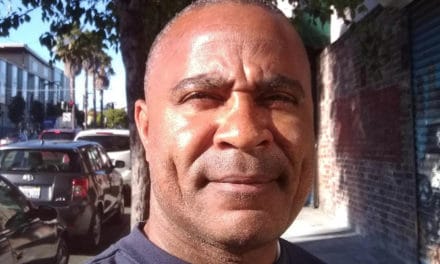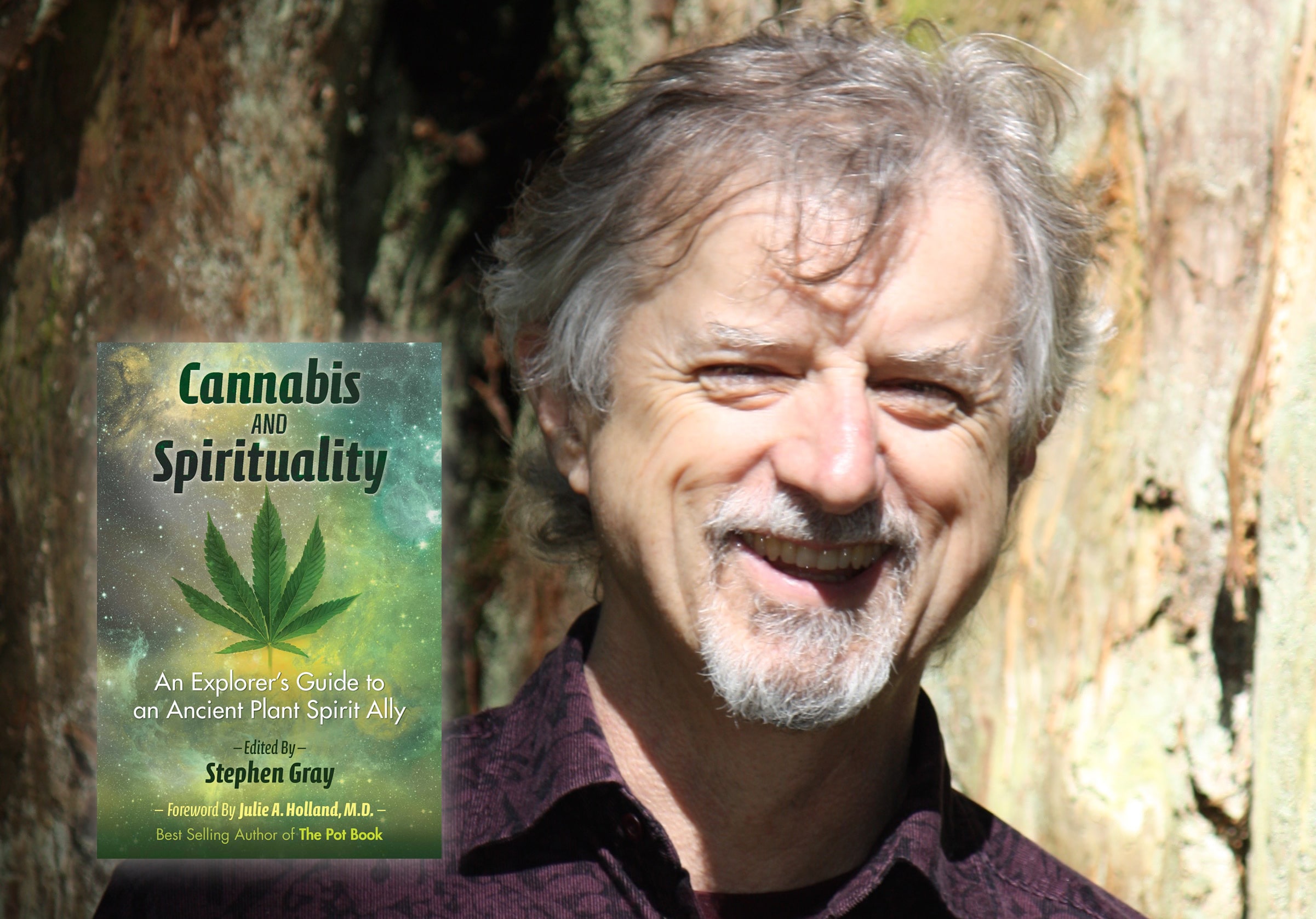
Janis Phelps is spearheading a revolutionary psychedelic research certification program.
Anticipating a future that is increasingly friendly to psychedelic research and therapy, the California Institute of Integral Studies began a pioneering new program this year called the Psychedelic-Assisted Therapies & Research Certificate Program. This is a first-of-its-kind accredited certification program to train future therapists and counselors for psychedelic research and therapy. Heading this effort is Janis Phelps, doctor of clinical psychology and former dean of CIIS’ school of Consciousness and Transformation. With the first class of students halfway through this year’s curriculum, Janis spoke with Psychedelic Times about the inception of this program and how the first year is progressing.
Thank you for taking the time to speak with us, Janis. Currently, psychedelic therapy is not legal in the United States, save for a small number of FDA-approved research studies, so it seems really forward-thinking to start this program now. Can you speak on the intentions behind starting this program this year? Do you see psychedelic therapy becoming legal in the near future and this program helping to lay the groundwork for that?
To answer that, let me tell you about how this program got started. One of CIIS’ board members went to a Heffter Research Institute fundraiser two years ago and heard from Dave Nichols and Roland Griffiths about the stopping points for getting Phase 3 clinical trials started for new psychedelic treatments, which are the last leg before a new treatment gets approved. Aside from all the regulatory hurdles involved, they were wondering how in the world they would get all these therapists trained for Phase 3 studies. The board member and her husband said, CIIS is training 300+ therapists a year, so why don’t we see if we could help train therapists for the specialty of psychedelic-assisted research and then they could help with the research for Phase 3? They talked to the president, who spoke to me, and we thought it was a great idea.
It’s halfway through the first year of this new program. How has it been going so far, and are you looking to add anything to the existing curriculum?
It’s been wonderful. The people in the program feel really honored to be the first class. In any new enterprise, the first class is the group that tends to get well known later, [and] they tend to bond really well because they are pioneers. Some people were shy and felt like they were “coming out” to even be present in the room. Some of them were thrilled to have their colleagues know what they are doing and others not so much because they have high echelon positions in various universities and medical centers. As they have relaxed into it, they have developed friendships, given us great feedback, and [are] full of questions for the instructors. They also have a mentor they meet with once a month to help them integrate all of this material, and they do pro-bono volunteer work at places like in ERs or at the Zendo in Burning Man. We encourage selfless service.
What we plan to do next is to get a Phase 1 safety study approved by our institutional review board, the state regulatory agencies and the FDA so that our students can have one dose of MDMA and one dose of psilocybin and be sitters for one another and understand what it’s like to be under the influence of both of these psychedelics. It will bring in reality into this training program and give them an invaluable hands-on experience working in this field.
That sounds incredible. What kind of people have you accepted into your new program, and how will they be able to apply their education after graduating?
Our applicants include licensed physicians who have psychiatric training, nurses who have psychiatric training, clinical psychologists, marriage and family therapists, licensed clinical social workers, trained physical therapists who have had psychiatric training, and clergy. The average number of years practicing post-licensure for our current students is 12 years of working as a professional. This will be a sub-specialty of theirs, and they are not needing to derive their income from it, [so] they can wait until the doors open for applying to the research centers. Our students know that there will be a lag between December 4th when they graduate this year and when they might be able to apply for a position to get further training as a co-therapist with MAPS and Heffter. They can also help people who help with integration work for people coming back from Peru or Mexico who want guidance in integrating the psychedelic treatment they did abroad.
Could you explain why your program is open to clergy and chaplains in addition to licensed medical practitioners and therapists?
The reason we wanted to include clergy is that several of the Heffter researchers anticipate being able to allow clergy members to be sitting therapists in the Phase 3 and expanded access studies. The religious leaders study at NYU and Johns Hopkins is looking at the effect of psilocybin on rabbis, priests, high level buddhist practitioners, vedantic practitioners, imams, etc. We want to make room for them to be involved in the research setting. And many of them have a lot of pastoral counseling training, so we decided to open that door. We plan on reaching out more to that population in 2017.
We are very grateful to Janis for sharing her insights on this groundbreaking new program which marks an important milestone in the advancement in psychedelic studies. Interested in becoming part of this revolutionary program? Visit CIIS’ website to learn more about joining the future of psychedelic research.









